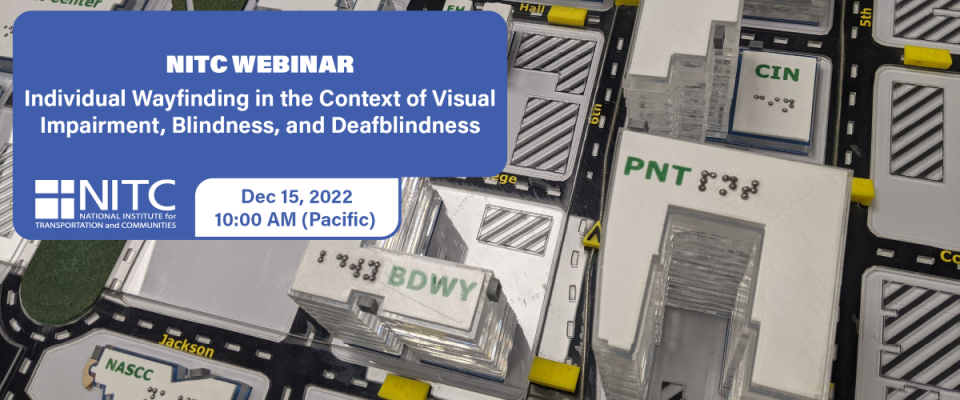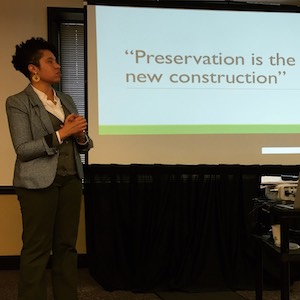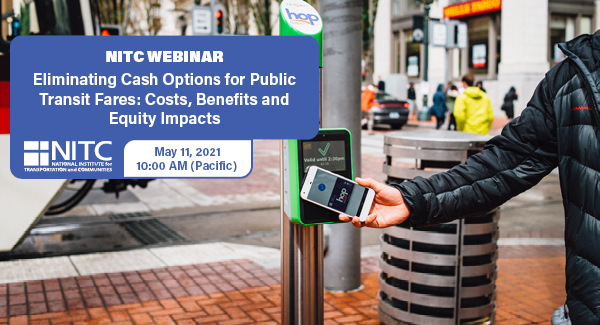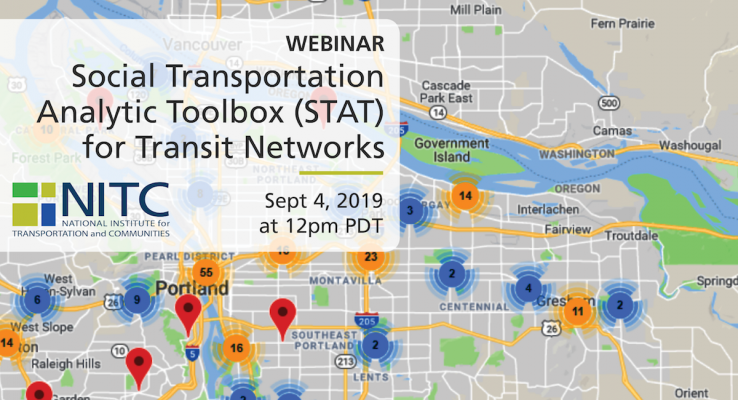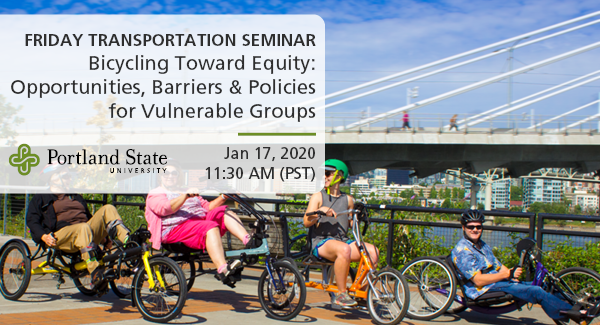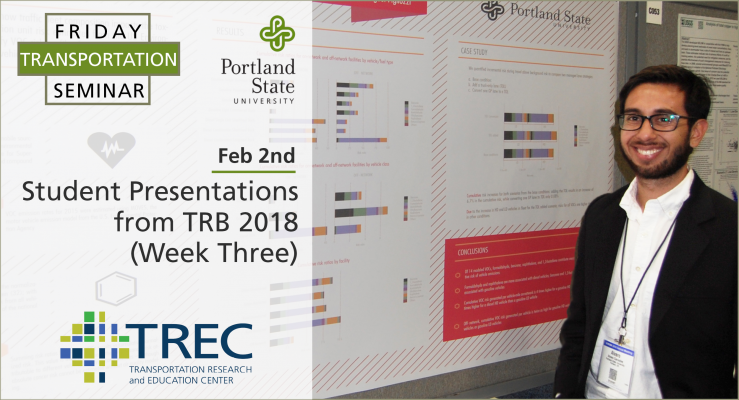PRESENTATION ARCHIVE
OVERVIEW
In this presentation we will highlight our past research on human indoor-outdoor wayfinding on an urban college campus. Our work is aimed at facilitating independent travel for people with blindness and low vision. Our research was funded by two successive grants from the National Institute for Transportation and Communities/US Department of Transportation. One of the central research questions sought to capture wayfinding preferences, information needs, and lived experiences of blind and low-vision pedestrian travelers. The projects afforded close collaboration with external partners, and foremost the American Printing House for the Blind. Our focus in the presentation will be on the...
Read more
